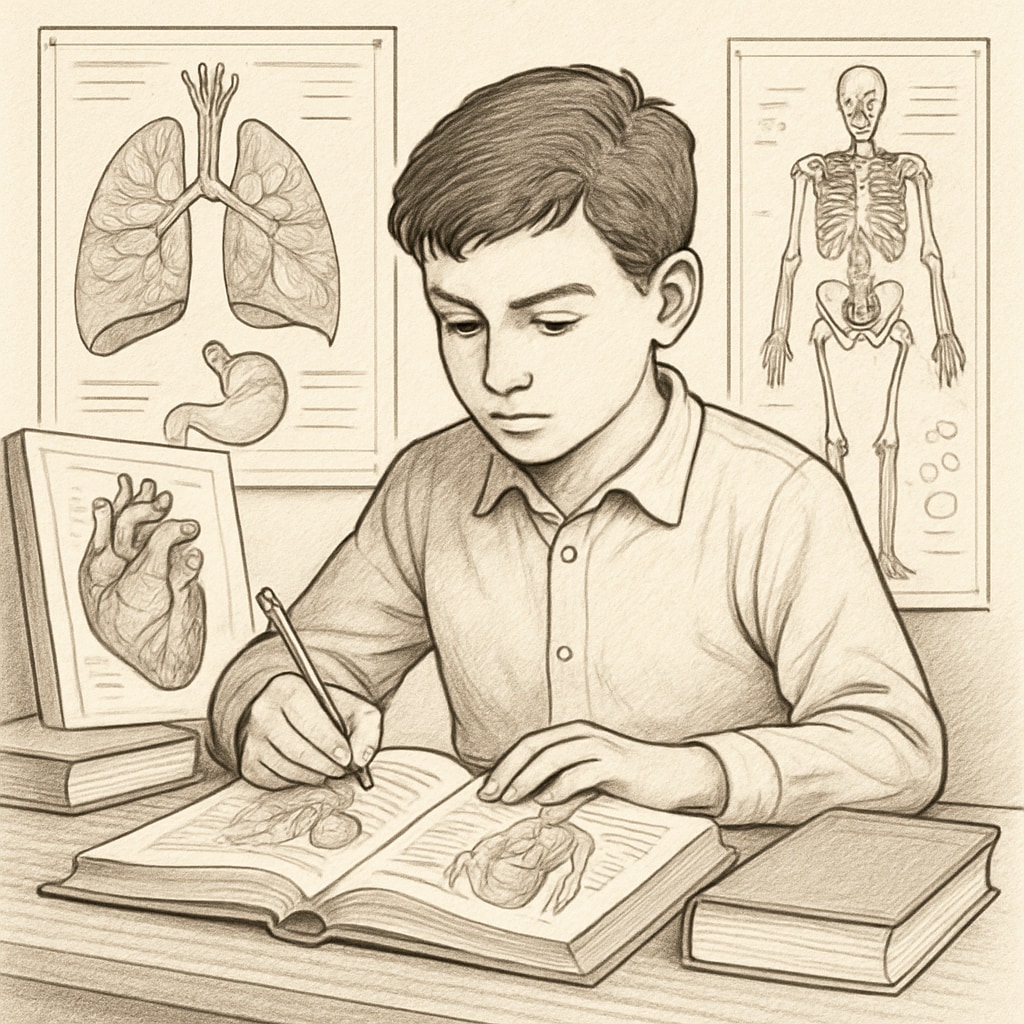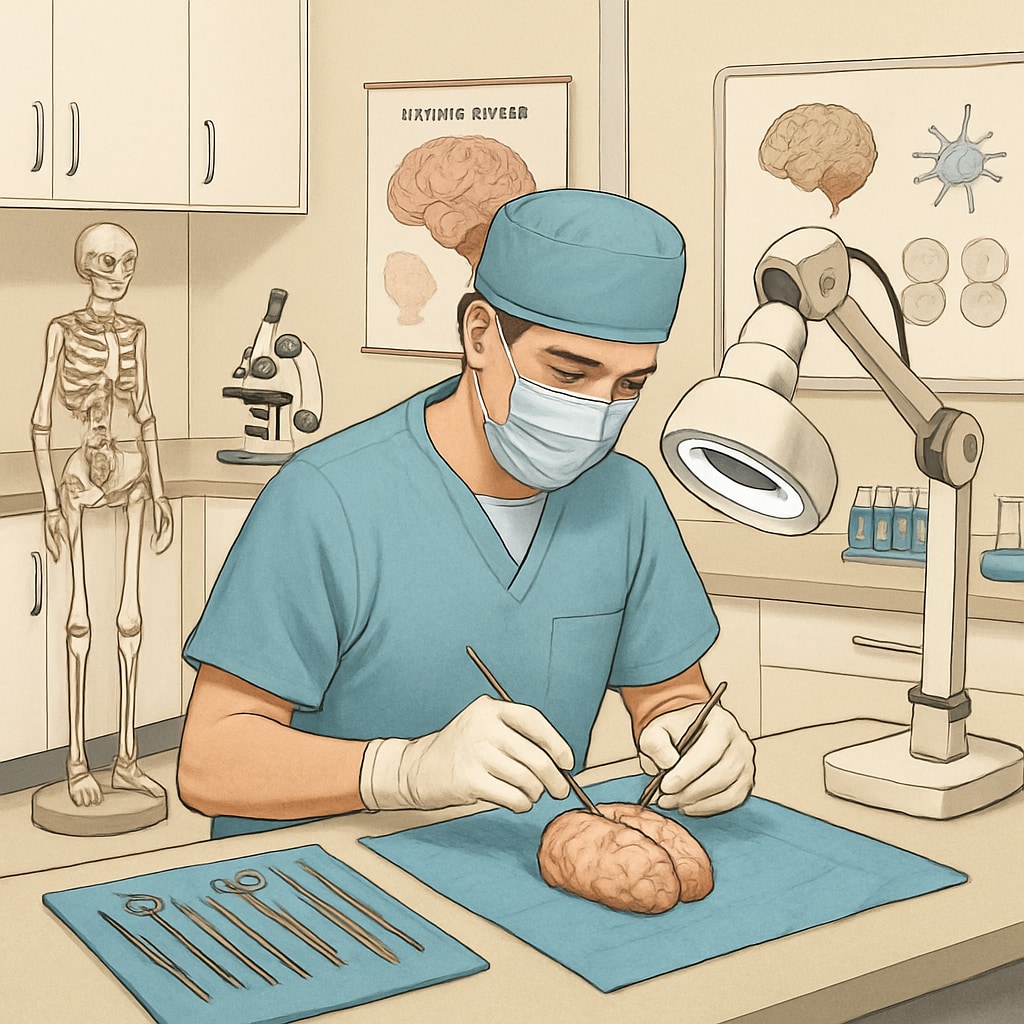High academic achievement, tailored gifted education, and precise career planning are crucial elements for students with exceptional potential, especially those aiming for highly specialized professions like neurosurgery. For many gifted learners, traditional educational pathways may not fully address their capabilities or ambitions. This article delves into the case of a 9th-grade math prodigy with aspirations to become a neurosurgeon, examining their unique educational needs and providing a roadmap to access supplemental learning resources. By strategically leveraging these tools, students can pave the way toward their ambitious career goals.

Understanding the Unique Needs of Gifted Students
Gifted students often stand out due to their exceptional academic performance, intellectual curiosity, and ability to grasp complex concepts quickly. However, these students also face unique challenges. For example, their learning pace and depth often surpass what standard curriculums offer, leading to potential boredom or disengagement. In the case of a budding neurosurgeon, excelling in STEM (science, technology, engineering, mathematics) subjects is just the beginning. They require a blend of foundational knowledge, hands-on experience, and critical thinking skills to thrive in a demanding medical career.
To address these needs, parents and educators must focus on:
- Providing access to advanced coursework in STEM fields, such as biology, chemistry, and mathematics.
- Encouraging participation in extracurricular activities like science fairs, math Olympiads, or medical club initiatives.
- Facilitating mentorship opportunities with professionals in the medical field to inspire and guide career aspirations.
Crafting a Personalized Educational Plan
For a gifted student with a clear career goal, a personalized educational plan is essential. This plan should integrate formal school curriculums with supplemental learning opportunities tailored to their strengths and interests. For instance, a 9th-grade math prodigy aspiring to neurosurgery can benefit from the following:
- Advanced Placement (AP) or Dual Enrollment Programs: These programs allow students to earn college credits while in high school, focusing on relevant subjects like calculus, biology, and anatomy.
- Online Learning Platforms: Websites like Khan Academy or Coursera offer advanced courses in medical sciences and STEM fields.
- Research Opportunities: Collaborating with local universities or research institutions provides hands-on experience in scientific studies related to neuroscience.
- Shadowing Experiences: Observing medical professionals in their daily roles can offer invaluable insights into the field of neurosurgery.
By combining these resources, students can bridge the gap between their current academic environment and the demands of their future profession.

Balancing Academic Rigor with Holistic Development
While excelling academically is essential, holistic development is equally important for aspiring neurosurgeons. Neurosurgery is a field that requires not just intellectual brilliance but also emotional resilience, communication skills, and a strong sense of empathy. Therefore, students should engage in activities that develop these qualities. For example:
- Community Service: Volunteering at hospitals or clinics fosters compassion and a deeper understanding of patient care.
- Leadership Roles: Leading school clubs or projects helps build organizational and interpersonal skills.
- Creative Outlets: Activities like music, art, or writing can help gifted students manage stress and nurture creativity.
Incorporating these elements ensures that students are not only academically prepared but also emotionally equipped to handle the challenges of a medical career.
Conclusion: Building a Foundation for Success
Supporting gifted students in achieving their career aspirations requires a multifaceted approach. By providing access to advanced educational resources, fostering hands-on experiences, and encouraging holistic development, we can empower these students to turn their dreams into reality. For a 9th-grade math prodigy aiming to become a neurosurgeon, the journey begins with a solid academic foundation, enriched by targeted supplemental resources and guided by a clear vision for the future.
With the right support system in place, today’s gifted learners can become tomorrow’s leaders in fields like neurosurgery, making significant contributions to the medical world and beyond.
Readability guidance: The article uses short paragraphs, lists, and transition words to enhance clarity and engagement. It balances academic rigor with accessible language, ensuring readability for both parents and educators.


